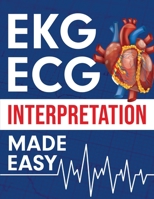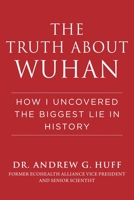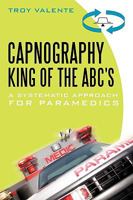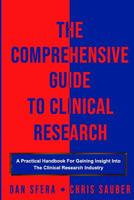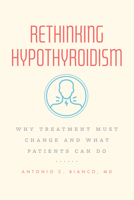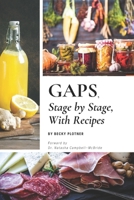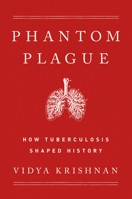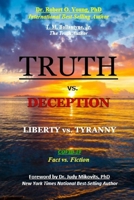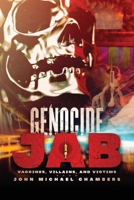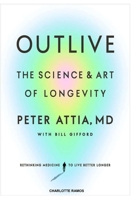Renal Diet Cookbook: The Complete Guide To Avoid Dialysis, Low Sodium, Low Potassium, Low Phosphorous
Select Format
Select Condition 
You Might Also Enjoy
Book Overview
Take charge of your health and beat kidney disease with the help of the incredible renal diet
Have you recently been diagnosed with kidney disease? Looking for a proven, highly-effective diet for managing and even reversing your condition? Then it's time to try the renal diet
This revolutionary low-salt, low-potassium diet is scientifically proven to help you beat kidney disease and experience a more active life after diagnosis. Specially designed to be kidney-friendly, the renal diet lets you manage your health while still enjoying great food.
Now, this book uncovers the power of the renal diet, and how you can experience the countless benefits. Including a breakdown of kidney disease and its symptoms, tips for avoiding dialysis, and a 30-day meal plan with hassle-free weekly menus and shopping lists, now it's never been easier to get started.
Plus, with over 100 delicious recipes for every occasion, you're bound to find something you'll love
Here's what you'll discover inside: A Plain-English Introduction to Kidney Disease - Causes, Symptoms, and StagesWhat is The Renal Diet, and How Can it Help?Which Foods to Eat (And Avoid ) How to Stock the Perfect PantryAn Incredible 30-Day Meal Plan to Kickstart Your SuccessWeekly Menus and Shopping Lists to Make Getting Started EasyAnd Over 100 Simple, Delicious Kidney-Friendly Recipes
With helpful FAQs, nutrition facts, and recipes including breakfast, lunch, dinner, snacks, desserts, and even juices, you'll find a wealth of valuable information inside this book. Every recipe is designed to be simple and easy-to-make, so you can follow along no matter your level of cooking experience
Don't let kidney disease control your life - arm yourself with vital knowledge, enjoy delicious kidney-friendly food, and begin your journey to a better life
So what are you waiting for? Buy now to uncover the power of the renal diet today












